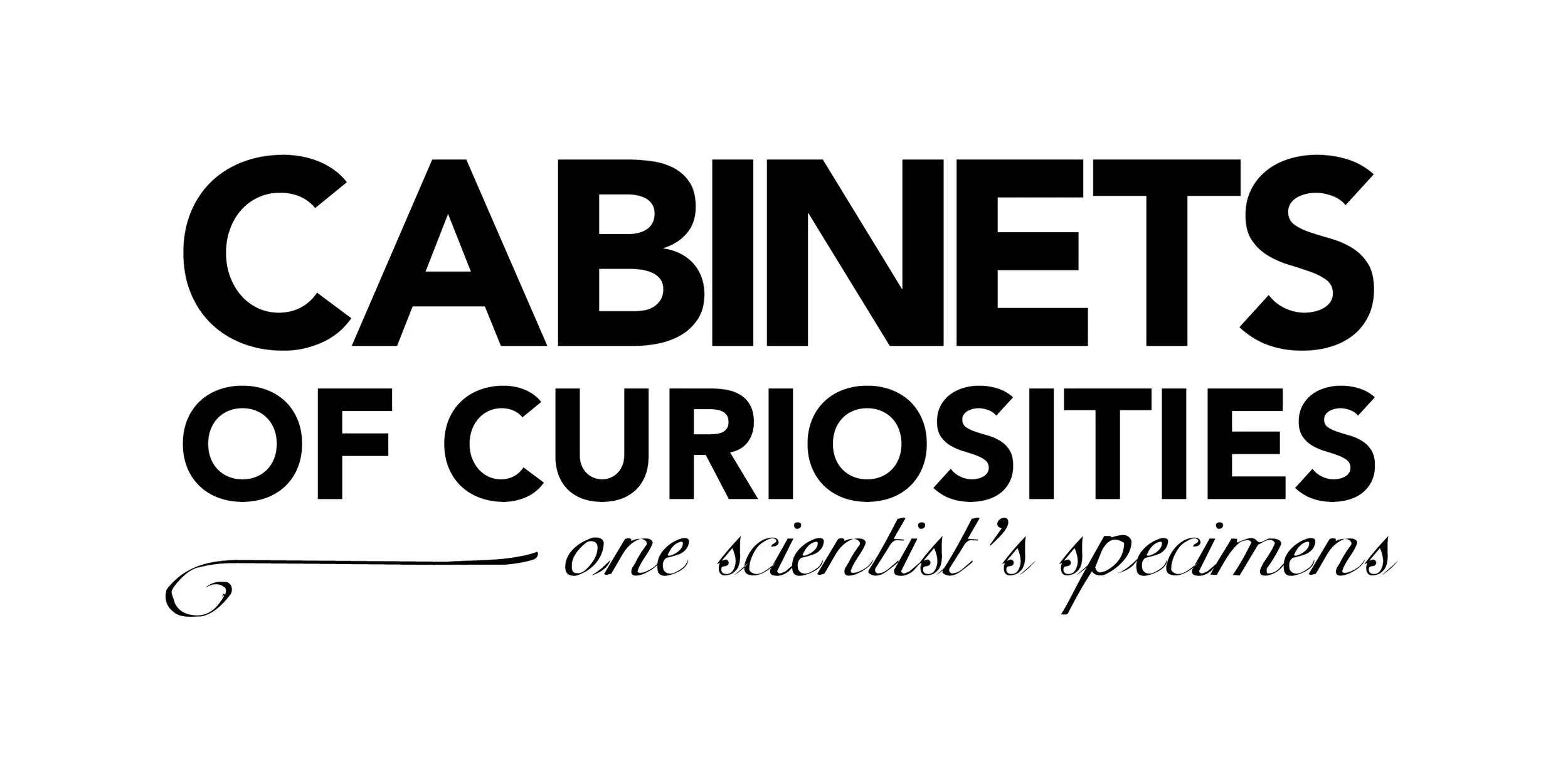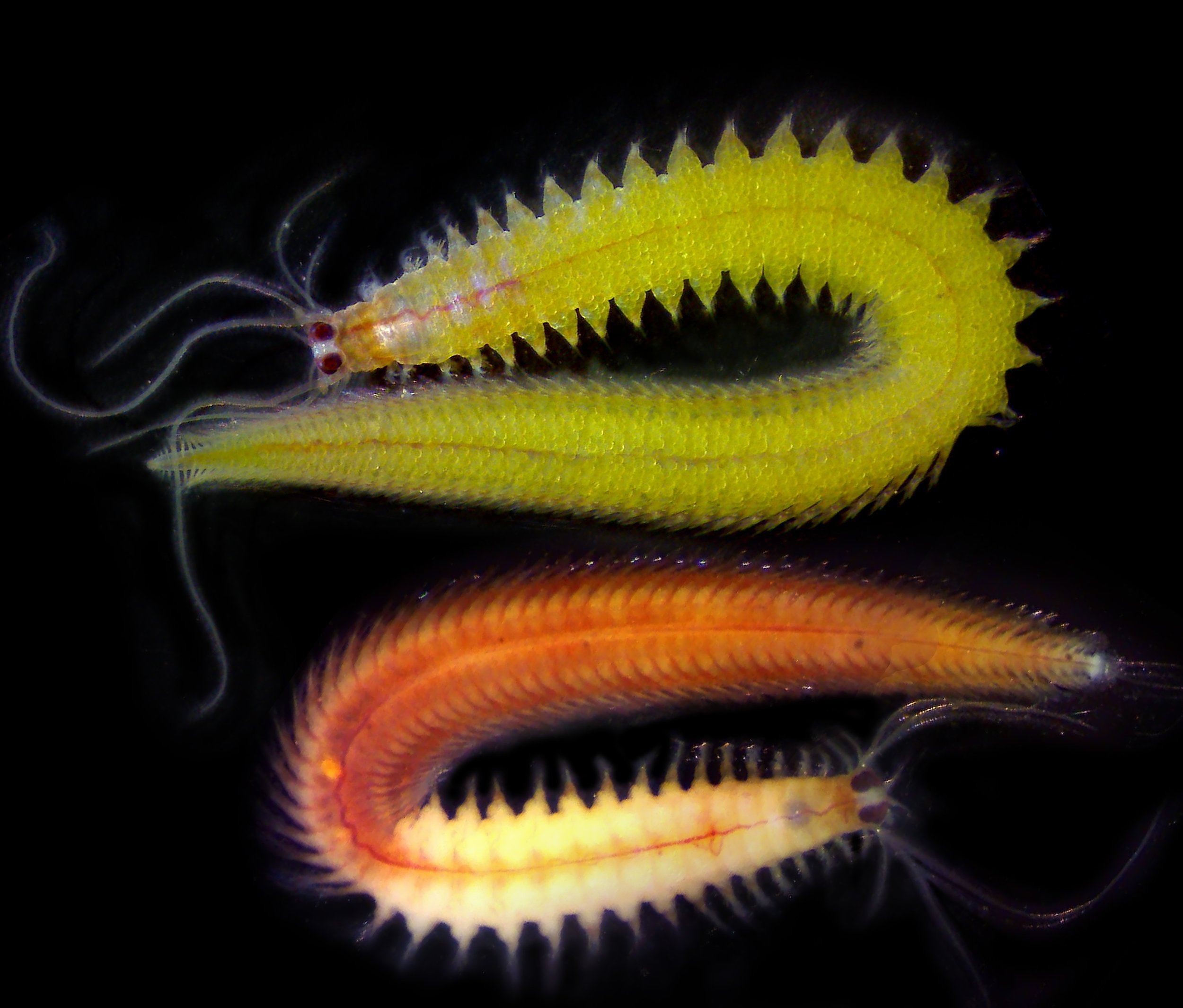Duygu has a ceramics arts show that will run until the end of April at Intersect Arts Center
Welcome new undergrads Caroline and Nico
Caroline and Nico joined us recently as our new undergrads! Welcome both.
Dr. Ranny Passos Ribeiro wins best postdoc talk award at ISRB
Postdoc Dr. Rannyele Passos Ribeiro won one of the best postdoc talk awards at the International Society for Regenerative Biology (ISRB) International Meeting, Madison, WI. You rock Ranny!
Goodbye Ina
Ina Jaegy, one of our undergraduate researchers, is off to a new adventure in chemistry research. We will miss you Ina and we are so grateful for the work you have done on gonial cluster staging!
Jasmine wins honorable mention for Spector Prize in Biology
One of our undergraduate research students, Jasmine Sun, won an honorable mention for the 2025 Marion Smith Spector Prize in Biology. The prize recognizes academic excellence and outstanding undergraduate achievement in research.
Jasmine will join the lab as a DBCRM Postbac research assistant in August!
Congratulations for all your success Jasmine!
Ranny's paper is published in Development and made the cover!
Kaitlyn gets into a clinical summer internship program!
Kaitlyn has recently been accepted as an intern in the Northwestern Medicine Pre-Med Internship Program. This is an eight-week paid program designed for pre-med students. Interns gain hands-on experience through clinical observation, faculty-sponsored projects, and educational seminars. Congratulations, Kaitlyn!
Goodbye Mia
Mia was a visiting undergraduate from Peru through a program called REPU. She spent about 3 months with us an now safely returned home. We will miss you Mia, and thank you for all your hardwork!
Dr. Ranny Passos Ribeiro wins CRM seed grant!
Dr. Ranny Passos Ribeiro just won a $15K seed grant from WashU's Center for Regenerative Medicine. CRM organized a fun pitch event where the 5 post-doc finalists presented a 5-min pitch each. Ranny rose to top 2 and won a seed grant for her Highlander project! Congratulations Dr. Ribeiro, you area rock star!
Tiny titans: fantastic worms and their powerful regenerative abilities
Check out this great The Node article by post-doc Ranny about syllid regeneration!
A case for broadening our view of mechanism in developmental biology
Mansi Srivastava, Swathi Arur, and Duygu wrote this opinion piece in Development, questioning the term “mechanism” in biology research (specifically dev bio) and calling people to broaden their perspective on mechanistic studies. We hope this article creates a healthy conversation that can result in being more open to diverse ways we approach research.
Abstract: Developmental biologists can perform studies that describe a phenomenon (descriptive work) and/or explain how the phenomenon works (mechanistic work). There is a prevalent perception that molecular/genetic explanations achieved via perturbations of gene function are the primary means of advancing mechanistic knowledge. We believe this to be a limited perspective, one that does not effectively represent the breadth of work in our field. We surveyed a representative and diverse group of colleagues to share their views on what it takes to infer mechanism. Here, we briefly examine the factors that have shaped the dominant view of mechanism, summarize responses to the survey, present our views, and suggest a path forward that embraces a broad outlook on the diversity of studies that advance knowledge in our field.
We are now a Platinum certified green lab at WashU!
WashU has a Green Labs program that aims to encourage labs across all WashU campuses to be champions of sustainability.
Our lab manager Faith Stemmler worked as our Green Labs liaison, and as of January 2025, with a score of 90%, the Özpolat lab has achieved PLATINUM certification.
Welcome new undergrads! Lucy and Zeynep
We have new undergrads! Lucy, a WashU 1st year student, joined the lab early in the fall. Zeynep, an exchange student from Türkiye, will be joining us in early 2025. Welcome both!
Cellular mechanisms of annelid regeneration - New paper!
We have a new publication in Nature Communications, a companion paper to our Pristina leidyi work published earlier this year! This was a part of Duygu’s postdoctoral work when she was back in Guillaume Balavoine’s lab in Paris. It is a great collaborative effort by several labs (Raible, Balavonie, Ruta) that culminated in a fantastic paper addressing some of the big questions in annelid regeneration. More here:
https://source.washu.edu/2024/11/understanding-the-mechanics-of-regeneration/
Skeet by the Raible Lab here: https://bsky.app/profile/tessmarraiblelabs.bsky.social/post/3lb7oy7fsnc2g
Tweet by the Balavoine Lab here: https://twitter.com/BalavoineLab/status/1858472829970256001
It's a worm's world: regeneration and regrowth in the Özpolat Lab
Article by Maddy Frank.
Inside a corner lab in the basement of Busch, thousands of worms lay in wait.
The windowless room stays at a cool 18 degrees Celsius. Small plastic containers (think the ones you might have put some craft supplies in as a kid) line the front wall, each a contained saltwater habitat where juvenile worms hide in tubes of their own creation.
It feels almost Marvel movie-esque—a multitude of worlds stacked on top of one another, where only a chosen few can see the full picture.
October Conferences
Duygu is giving a keynote talk at the Aquatic Models for Human Disease conference in San Antonio, TX.
Duygu and Ranny will present posters at the Germ Cells meeting in Cold Spring Harbor, NY.
Duygu and Ranny will give invited talks at the Stowers Developmental Cell Biology meeting.
Platynereis dumerilii sex differentiation - New preprint!
Dr. Ranny Passos Ribeiro’s first manuscript of her work in the lab has been posted as a preprint. You can read more about it in this tweetorial.
Platynereis dumerilii germ cell regeneration - New Publication!
We have a new publication in Developmental Biology!
This is the hard work of Bria Metzger , who was a post-bac research assistant in our lab, now a graduate student at University of Washington in Seattle.
Here is a Twitter thread about this work.
And we will be on Developmental Biology’s cover with this photo taken by Ryan Null!
We will be at Euro-Evo-Devo in Finland
Exciting times, Duygu is one of the organizers of the Platynereis Satellite Meeting.
Ranny, Duygu, Ryan are giving talks at the satellite meeting.
Ranny is giving a talk at the Evo Devo main meeting. Duygu and Ryan have posters.
Come say hi if you’ll be there!
Welcome our new undergrads Ina, Alina, Solana, Adebimbola
We have several new undergrads who joined the lab this summer! Welcome all!





